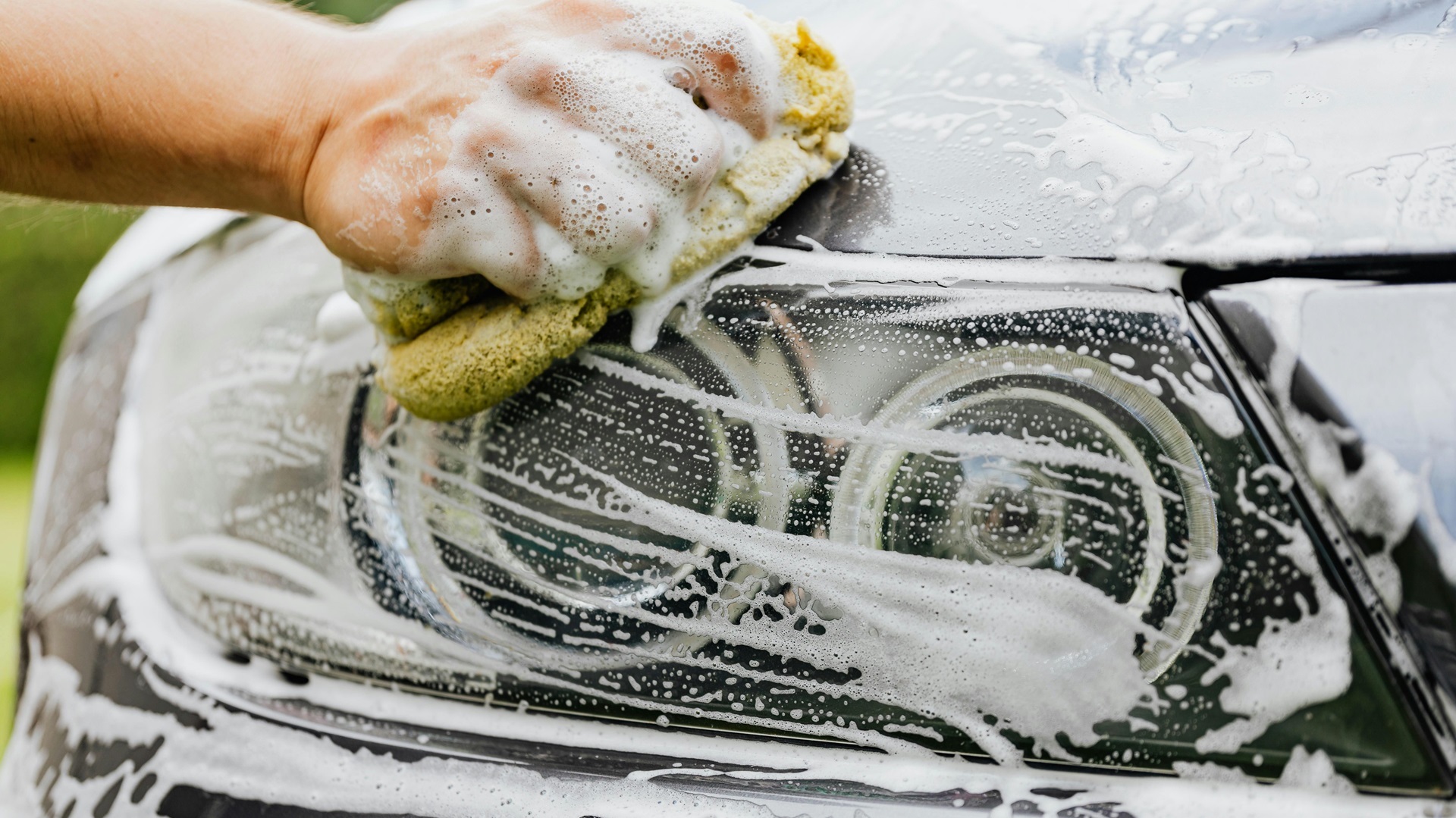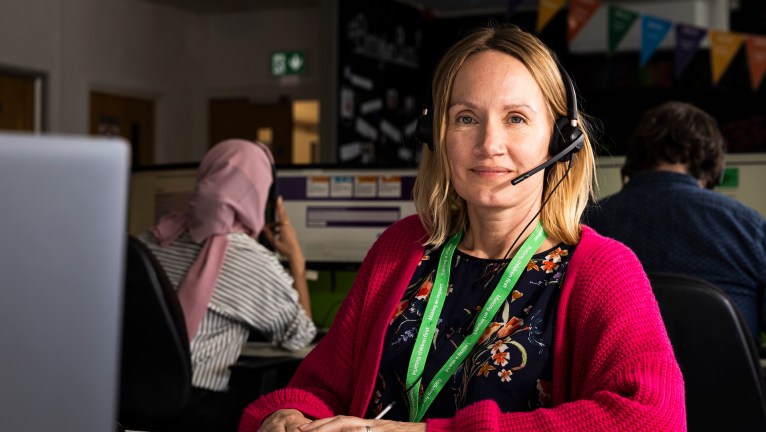Modern slavery is almost universally condemned by the public and politicians alike. This unifying cause has brought together political parties for years, working to protect survivors and disrupting ‘trafficking gangs’, in narrative if not always in practice. The Modern Slavery Act, and doomed Victim Support Bill, were notably tabled by Conservative grandees with the support of Labour, the Liberal Democrats and SNP.
Unfortunately, while modern slavery has remained a cause célèbre within Whitehall, there have been few rallying cries for government accountability, only gratitude for attention granted to the issue. This means that, when media attention dries up, advocates, researchers and survivors themselves are left with virtually no evidence of who – if anyone – benefited from the public discourse. This is a serious problem.
Where evidence on the government’s track record in combatting modern slavery is held, it is often hard-won and secured in piecemeal by campaigners. For example, despite survivors’ increased risk of PTSD, anxiety and depression, it was left to modern slavery consultant Emily Vaughn to secure data on mental health support through Freedom of Information (FOI) requests. The data was shocking. Only an estimated 3% of people in the UK’s modern slavery victim care contract (MSVCC) could get counselling through the service (272 out of 10,627) in 2019. It is not included in any of the 43 modern slavery data tables published quarterly by the Home Office.
As part of After Exploitation’s new research ‘A Can of Worms’, both experts with and without lived experience of modern slavery were asked to share their experiences using modern slavery evidence. Often, experts with lived experience felt the tangible impact of poor accountability, particularly in relation to mental health support. We were told that survivors are routinely “dumped into a struggling NHS” because there is still no guaranteed specialist modern slavery health service in the UK despite the political attention granted to exploitation. Another said she was first referred years ago, and still struggles to access specialist care. “It’s a long waiting list. If you’ve been trafficked for… years, it’s a long-term trauma. I can’t just wait two, three years. I haven’t even had my counselling yet.” There is no public record of the criteria used to decide when counselling should, or should not, be granted to victims.
Meanwhile, many survivors of exploitation are living in settings known to their trafficker at the time of reporting abuse. Others remain in exploitative conditions the whole time they are known to the authorities. Yet, 57% of adults with trafficking referrals are turned away from safe housing due to ‘ineligibility’ or are simply logged as ‘no further contact’: sometimes because first responders have failed to provide contact details for the survivor. There is little public record of why survivors are ‘ineligible’ for safe and secure housing, as the full modern slavery victim care contract is not in the public domain.
To make matters worse, the scale of exploitation is accelerating. As part of this research, advocates told us that dodgy visas ‘tying’ workers to employers, underfunded community services, right to work restrictions, and dwindling labour enforcement all worked together in tandem to create the perfect storm for modern slavery to sky rocket. On a local level, ‘tough on crime’ narratives allow young victims of criminal exploitation to remain condemned rather than helped, yet no data on the imprisonment of victims has ever been published by the Ministry of Justice. Against this miserable backdrop, it is clear that survivors are being failed. But the government’s approach to modern slavery is much the same as its modus operandi on homelessness or disability: Simply vilify the people who have the strongest grounds to criticise their track record.





